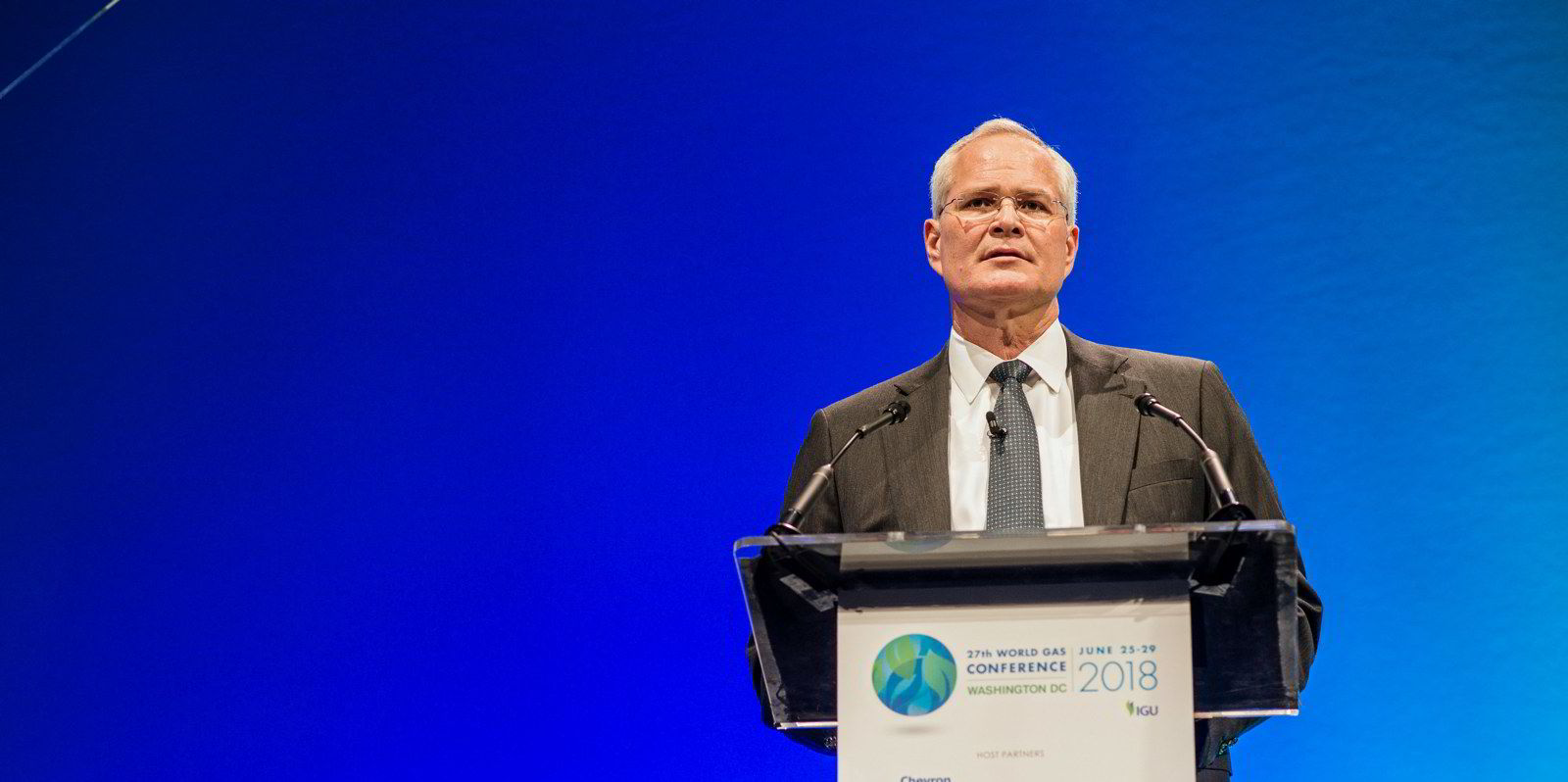Climate proposals from activist shareholders at ExxonMobil and Chevron were rejected during their respective annual shareholder meetings on Wednesday.
ExxonMobil shareholders turned downproposals ranging from greater transparency of methane emissions to Scope 3 emission targets covering end-use of hydrocarbons.
One shareholder resolution claimed the company was failing to meet its own commitment to require an audited report that analysed how the International Energy Agency’s Net Zero by 2050 pathway would affect ExxonMobil’s financial performance.
The sponsors of this resolution claimed that only upstream asset retirement obligations were taken into account, but ExxonMobil’s board of directors won approval of its position that the company’s Advancing Climate Solutions 2023 Progress Report met accounting standards .
Another proposal called for ExxonMobil to set new baseline emissions with calculations that include contributions from assets divested since 2016, in what was packaged as a mechanism to ensure that greenhouse gas emissions are not simply passed on to another party.
ExxonMobil responded that company-specific emissions were not incentives to divest per se, stating: “We make divestment decisions to maximise value and improve competitiveness, not to manage emissions.”
Article continues below the advert
The company said its greenhouse gas emissions reporting is in line with standards from the US Environmental Protection Agency’s Greenhouse Gas Reporting Programme.
At the Chevron AGM, a single shareholder attempted, unsuccessfully, to overturn a 2021 resolution aimed at reducing Scope 3 emissions.
On the other hand, proposals submitted by Netherlands-based activist shareholder activist group Follow This which would have forced ExxonMobil and Chevron to set medium-term Scope 3 emissions reduction targets, was rejected but garnered support from shareholder votes in its favour.
Similar proposals at European majors also failed to pass but received higher levels of support. A Follow This proposal for TotalEnergies reached a high of 30% of shareholder votes in its favour.

